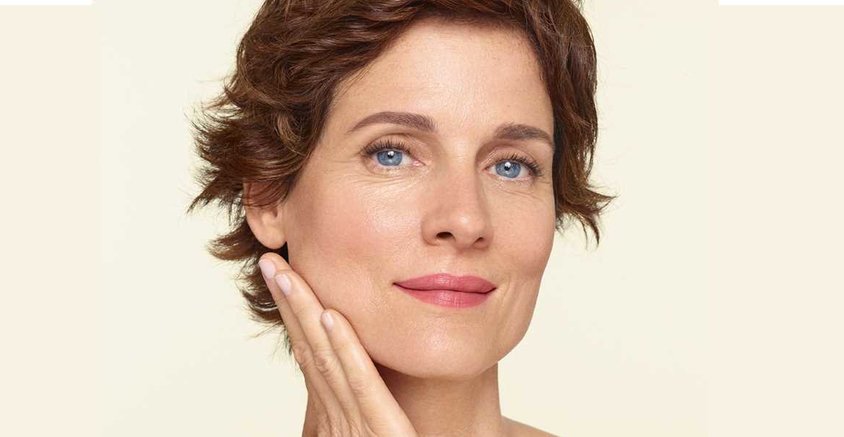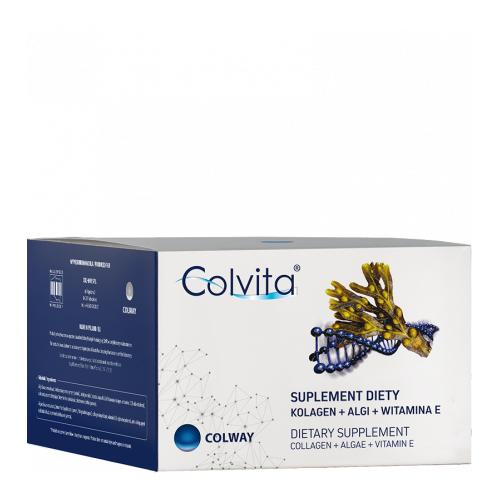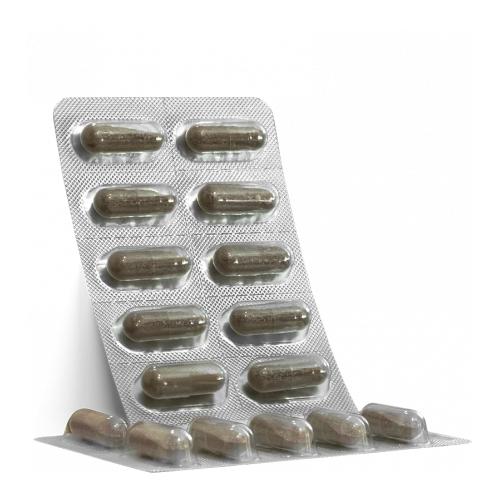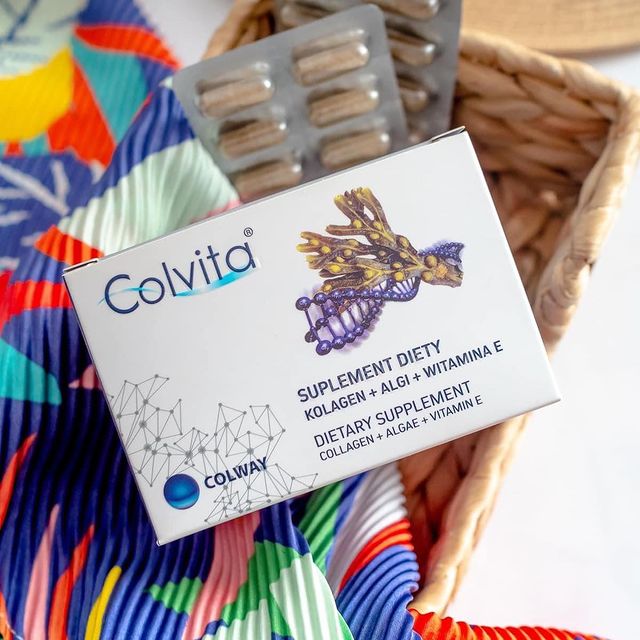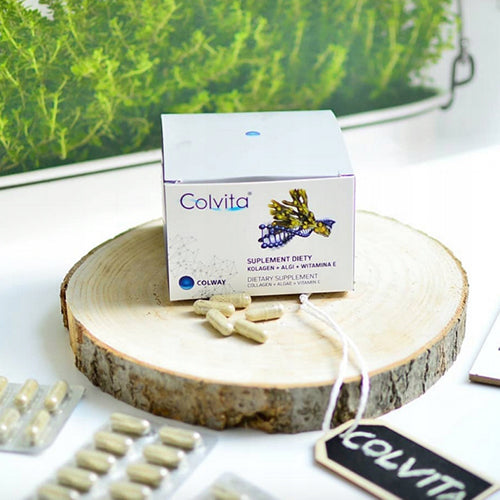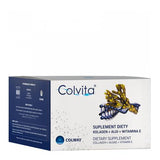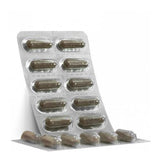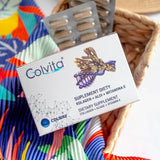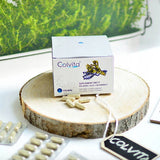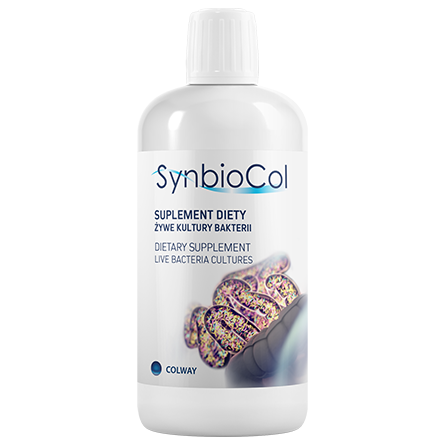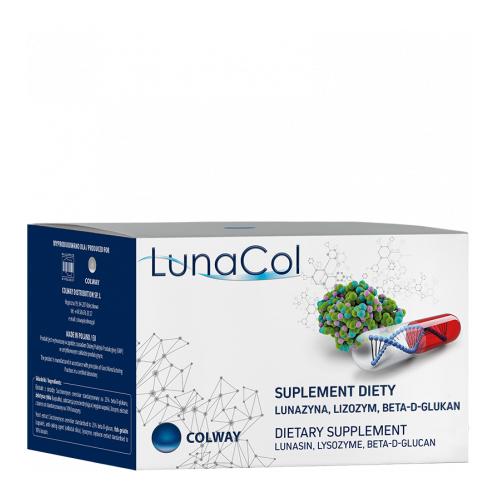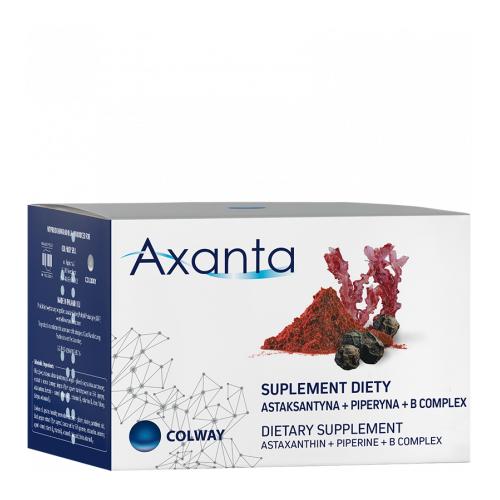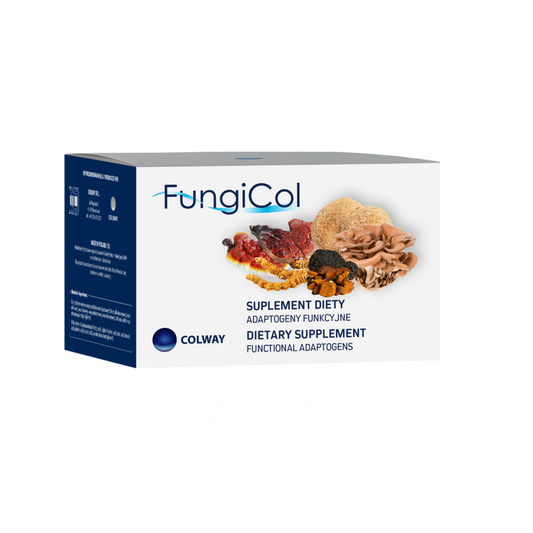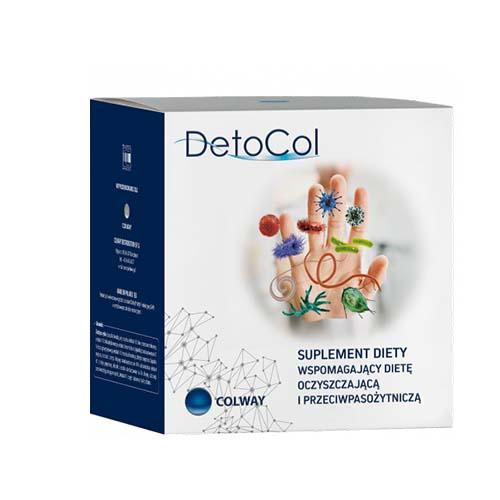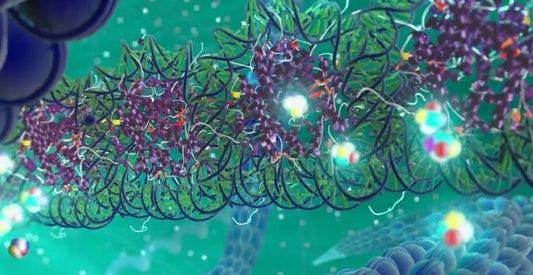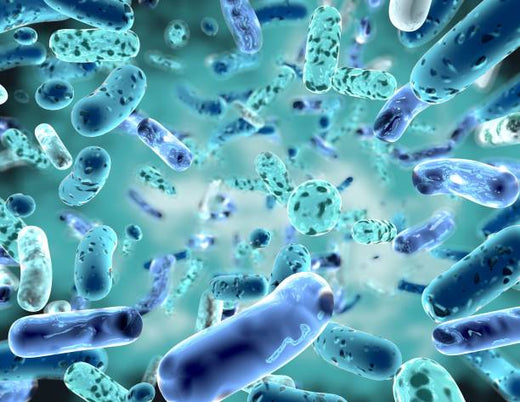Menopause is that moment in a woman´s life when her menstruations finally cease and her body undergoes changes that impede pregnancy. It is a natural occurrence that normally happens to a woman between 45-55 years of age. Menopause is considered to be completed when a woman´s menstrual period has not returned for a year. This is known as post menopause.
SYMPTOMS
The symptoms can vary from woman to woman and can last for 5 years of more. In some women, they can be worse than in others. The first to happen is that the menstruations begin to change, occurring more or less frequently. This situation can last one to three years before they cease altogether.
The most common symptoms of menopause can include:
- Irregular menstrual periods, shorter or longer, lighter or heavier, occurring more or less frequently until they finally stop
- Heart palpitations: strong, irregular or accelerated heart beats
- Hot flashes and/or night sweats, usually during the first and second years
- Skin redness
- Insomnia, trouble sleeping
- Lessing of interest in sex; feeling less aroused
- Headaches
- Mood swings, including irritability, depression and anxiety
- Urinary problems: urinary urge incontinence (not being able to hold the urine long enough to get to the bathroom) or urinary stress incontinence (urine might also leak out when you sneeze, cough, or laugh)
- Vaginal dryness and painful sex
- Vaginal infections
- Joint pains
PREVENTION
Since menopause (climacteric) is not an illness but rather forms part of a woman´s natural ageing process, prevention in the strictest sense is not possible. Nevertheless, a healthy life style can help reduce some of the possible side-effects of menopause.
Dietary changes:
- Avoid caffeine, alcoholic beverages and spicy foods
- Eat foods rich in soy as soy contains natural estrogens
- Eat food rich in calcium and vitamin D and take vitamin supplements
Exercise and relaxation techniques:
- Be active
- Do exercises daily that strengthen the pelvic floor (or Kegel exercises) muscles to strengthen the vaginal muscles and pelvis. These can help you prevent or control urinary incontinence and other pelvic floor problems.
- Try breathing slowly and deeply each time a hot flash begins. Try for 6 breaths a minute.
- Take up yoga, tai chi or meditation
Additional advice:
- Dress in light weight clothing and in layers
- Be sexually active
- Use water-based lubricants during sexual relations
MENOPAUSE AND COLLAGEN
During the first 5 years of menopause there is a 30% decrease in collagen.The lack of collagen is not limited to the organic tissue of the skin. The main symptoms of collagen deficiency are weakness, joint and muscle pain, mental and physical fatigue, and a general lack of energy. During this period, bones become brittle (osteoporosis) and joints and muscles weaken.



















































































































